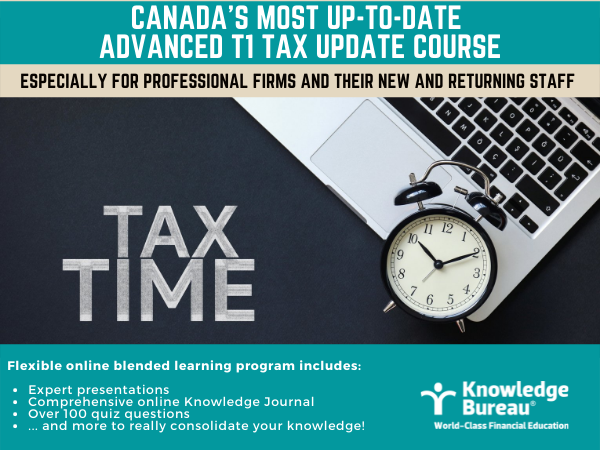Tax Avoidance Versus Tax Evasion

Marco Iampieri B.A., JD, M.B.A
You may ask yourself, what is the difference between tax evasion and tax avoidance?
In short, tax avoidance is comprised of one or more legal actions on behalf of a taxpayer, which structure the taxpayer’s affairs in a manner that reduces the taxpayer’s tax liability. On the other hand, tax evasion is comprised of illegal actions or inactions that intentionally ignore, fraudulently represent, or participate in making deceptive statements, in relation to Canadian taxation laws and Canadian taxation authorities.
Tax evasion results in a criminal charge, that may impact your liberty by including a punishment of incarceration along with financial penalties.
Tax avoidance is a legal right of the taxpayer to reduce their tax liability through legal actions, however tax avoidance must respect the spirit, object, and purpose of the provisions that the taxpayer has invoked to reduce their tax liability.
History of Tax Avoidance in Canada
Tax avoidance has a rich history in Canadian law. The Supreme Court of Canada has recently and historically affirmed the principle of law that every person is entitled to order their affairs in order to reduce their tax liability under the applicable Act/s and the taxpayer cannot be compelled to pay an increased tax.
Tax Evasion in Canada
Tax evasion in Canada comprises of tax evasion under many taxation statutes, not only under the Income Tax Act and the tax may be under provincial or federal jurisdiction. One may be charged with a charge of tax evasion, among others, under the Income Tax Act, the Excise Tax Act the Retail Sales Tax and the Employer Health Tax Act.
The charge of tax evasion carries a risk of incarceration, which invokes the protections of the Canadian Charter of Rights and Freedoms.
Key Takeaway: Ensure that you understand the difference of tax evasion and tax avoidance to adequately shepherd your clients away from evading their tax liabilities. Further, consult a tax professional to determine which legislative provisions are being invoked through your client’s tax planning and ensure that your client is not misrepresenting their tax affairs.
Author Byline: Marco is a faculty member at Knowledge Bureau, and practices tax law in Barrie, ON.
Additional educational resources: Don’t miss this opportunity to take Canada’s most up-to-date and comprehensive Advanced T1 Tax Update Course for Professional Tax Accounting firms and their new and returning staff who will file 2021 T1 Returns. This is Canada’s #1 tax training program for busy practice owners who need to recruit and train staff in time for this tax season.